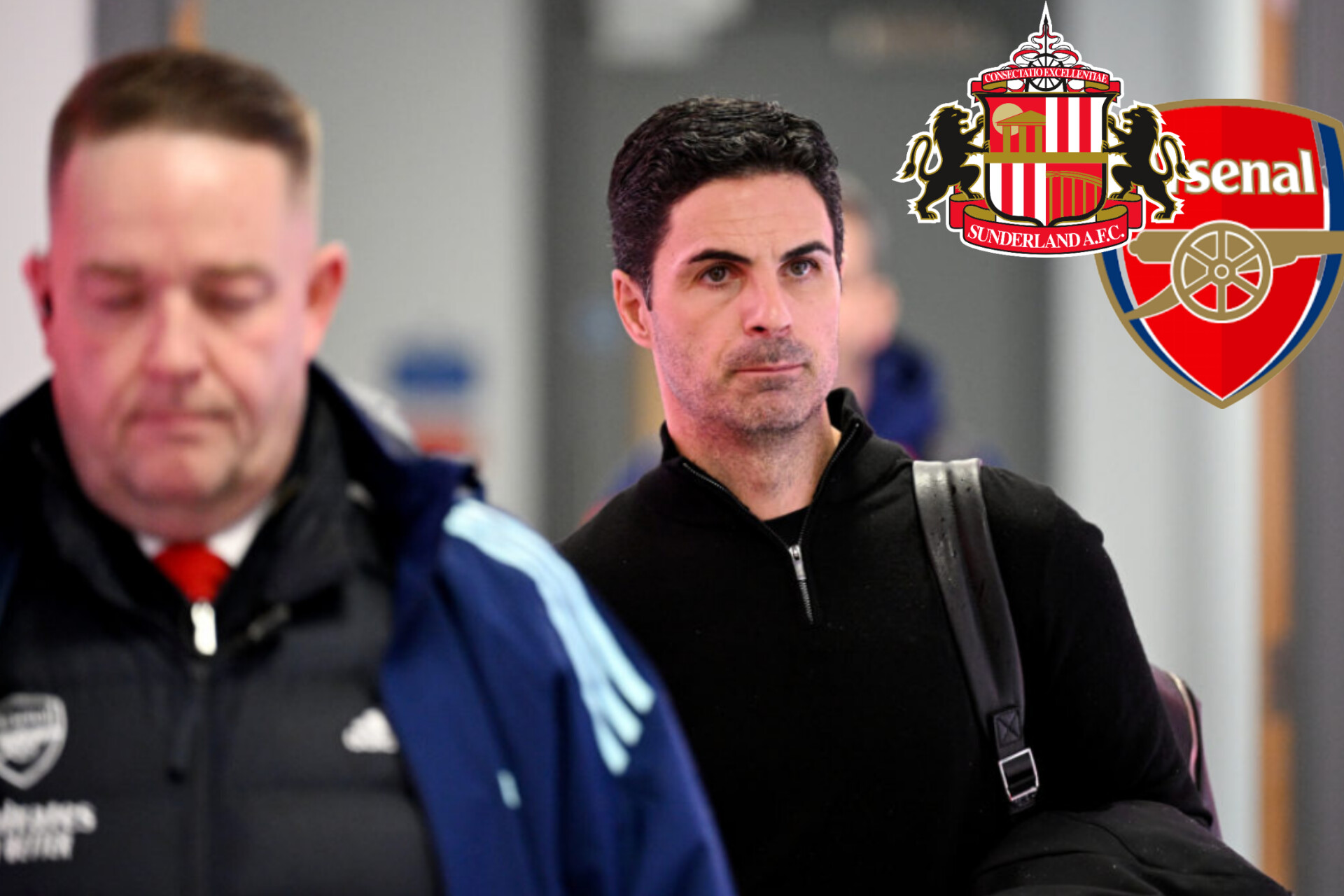In a remarkable display of resilience and tactical prowess, Sunderland delivered a historic performance at the Liberty Stadium that not only secured a crucial victory but also broke a 26-year-old club record.
The match against Swansea City unfolded as a dramatic narrative of determination and strategic comeback, challenging the conventional expectations of a team trailing early in the game.
Initially, the match appeared to be heading in a dire direction for Sunderland, with Swansea establishing a commanding 2-0 lead within the first 17 minutes.

The early deficit seemed to paint a bleak picture for the visiting team, potentially signaling another challenging away fixture.
However, the Black Cats demonstrated extraordinary mental fortitude and tactical adaptability that would ultimately rewrite their historical narrative

Dan Ballard’s first-half goal provided a critical psychological lifeline, offering a glimmer of hope as the teams retreated to the changing rooms.
The second half witnessed an extraordinary transformation, with Dan Neil and Jobe Bellingham orchestrating a stunning reversal of fortunes through a rapid succession of goals that completely upended the match’s trajectory.

The significance of this victory extends far beyond the immediate three points. This win represents a monumental statistical anomaly – the first time since October 18, 1998, that Sunderland has successfully overturned a two-goal deficit in a league match.
The last such occurrence came during Peter Reid’s era, when the team dramatically converted a 2-0 deficit against West Brom into a memorable 3-2 victory, featuring a late winner from Kevin Ball.

While the club has technically achieved similar comebacks in cup competitions – notably against Arsenal in the FA Cup and MK Dons in the League Cup – the league context makes this triumph particularly noteworthy.
Head coach Regis Le Bris has been instrumental in transforming the team’s mentality, addressing a previous weakness where Sunderland was ranked among the least resilient teams in overturning deficits.

The statistical landscape further illuminates this transformation. Earlier in the season, Sunderland was joint-worst in the league regarding deficit management, with young players struggling to demonstrate the necessary resilience.
However, the recent performances indicate a profound shift, with the team accumulating seven points from losing positions in just three games.
Le Bris’s impact becomes increasingly evident through this metamorphosis. By inheriting a young, talented squad, he has successfully implemented his tactical philosophy, creating a team capable of mental and strategic adaptability.

The victory against Swansea represents more than just a single match win – it symbolizes the potential of a meticulously crafted footballing project taking tangible shape.
This performance underscores the importance of patience in football development, highlighting how strategic vision, consistent coaching, and player development can gradually transform a team’s competitive landscape. Sunderland’s dramatic comeback is not just a momentary triumph but a potential harbinger of the club’s promising future under Le Bris’s guidance.






